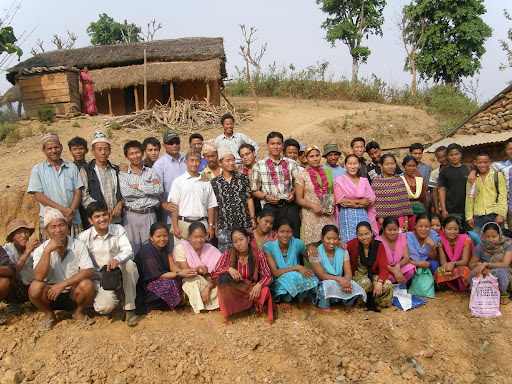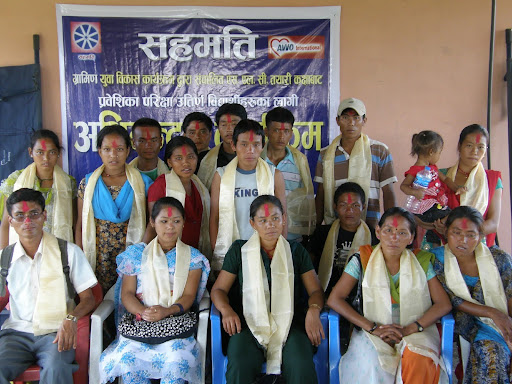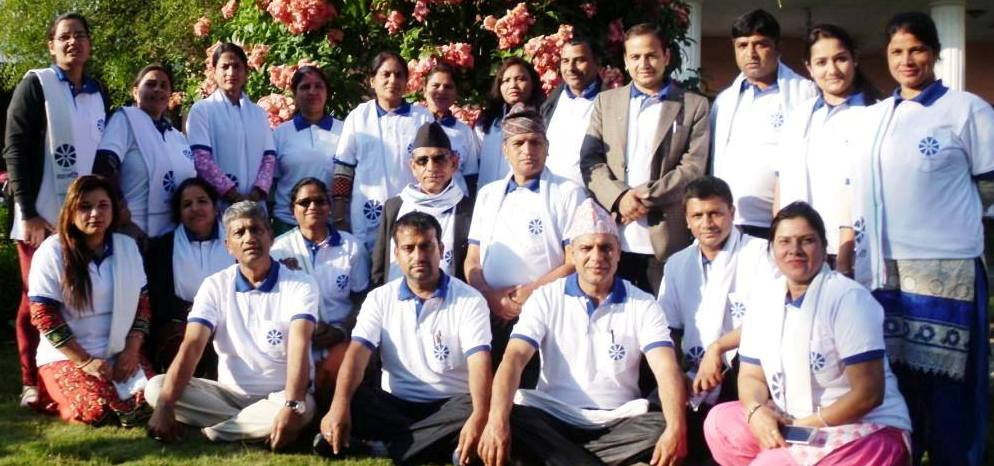


Informal Education Transforms Rural Youth in Kotthar


A Best Practice in Youth Development and Education
Every year in Nepal, nearly three hundred thousand students take the School Leaving Certificate (SLC) exam. On average, only 40–50 percent pass. In urban areas, students have options—government or private schools depending on interest and resources. However, in rural areas, only government schools are available, and even there, education quality is significantly lower than in cities. Teachers for English, Mathematics, Science, and Computer Education are scarce, limiting opportunities for rural youth.
In some VDCs (Village Development Committees), even a single government secondary school is not available. In RDP program areas such as Ratanpur (535 households) and Dandajheri (465 households), no secondary schools exist, despite schools being established decades ago. This lack of access has made it extremely difficult for students in the area to pass the SLC exam. In rural Nepal, passing the SLC—often called the “Iron Gate”—is considered a great achievement, bringing both respect and opportunities for higher education and employment.
Challenges in Rural Education
In rural areas, students often start school late due to distance, parents’ low awareness, or lack of an educational environment. As a result, very few manage to reach and pass the secondary level. Recognizing this gap, RDP initiated discussions with youth at Kotthar VDC about informal education opportunities. Different models were proposed, including literacy classes, child classes, youth informal classes, and SLC preparation classes. Among these, youth-focused informal education and SLC preparation classes were prioritized because of their direct impact on youth development.
Launching the SLC Preparation Class
After consultations with students, parents, and community leaders, nearly 65 SLC-failed students aged 20–45 registered their names, although many were working outside the village. RDP then started an SLC preparation class in Thambasi, Kotthar. Initially, only 8–10 students attended regularly. Many were hesitant, and some parents resisted due to household workloads. But the youth who attended regularly convinced others by visiting homes and persuading both students and parents.
Although many had long gaps in their education—some between 5 and 20 years—gradually their confidence grew. Their belief in passing the exam increased, and attendance rose to 35 students. The program quickly gained popularity in Kotthar, with the community beginning to recognize RDP as an “educational and cooperative program.”
Inspiring Results
After eight months of classes, 27 out of 35 students passed the SLC exam in second division—far above national and district averages. SAHAMATI organized an honor program for the successful students, and local as well as national media covered the story as a model for rural youth development. Many INGOs also expressed interest, and several NGOs later adopted this model for deprived communities.
Among the graduates, four became teachers, four pursued a CMA course, one female student studied Social Development with RDP scholarship support, and nine joined higher secondary education. Others entered small businesses or short-term vocational training. Some older students, like 43-year-old Lok Bahadur Pariyar and 44-year-old Dilip Thapa Magar, continued preparing for the next SLC attempt.

A Lasting Impact
The Kotthar community is now more aware of the importance of education, and school quality has also improved since the classes began. The program has since expanded to Dandajheri VDC and has already been requested in Ratanpur VDC for 2011. RDP strongly believes that informal education classes can transform the lives of rural youth, offering them second chances and opening new doors for the future.

